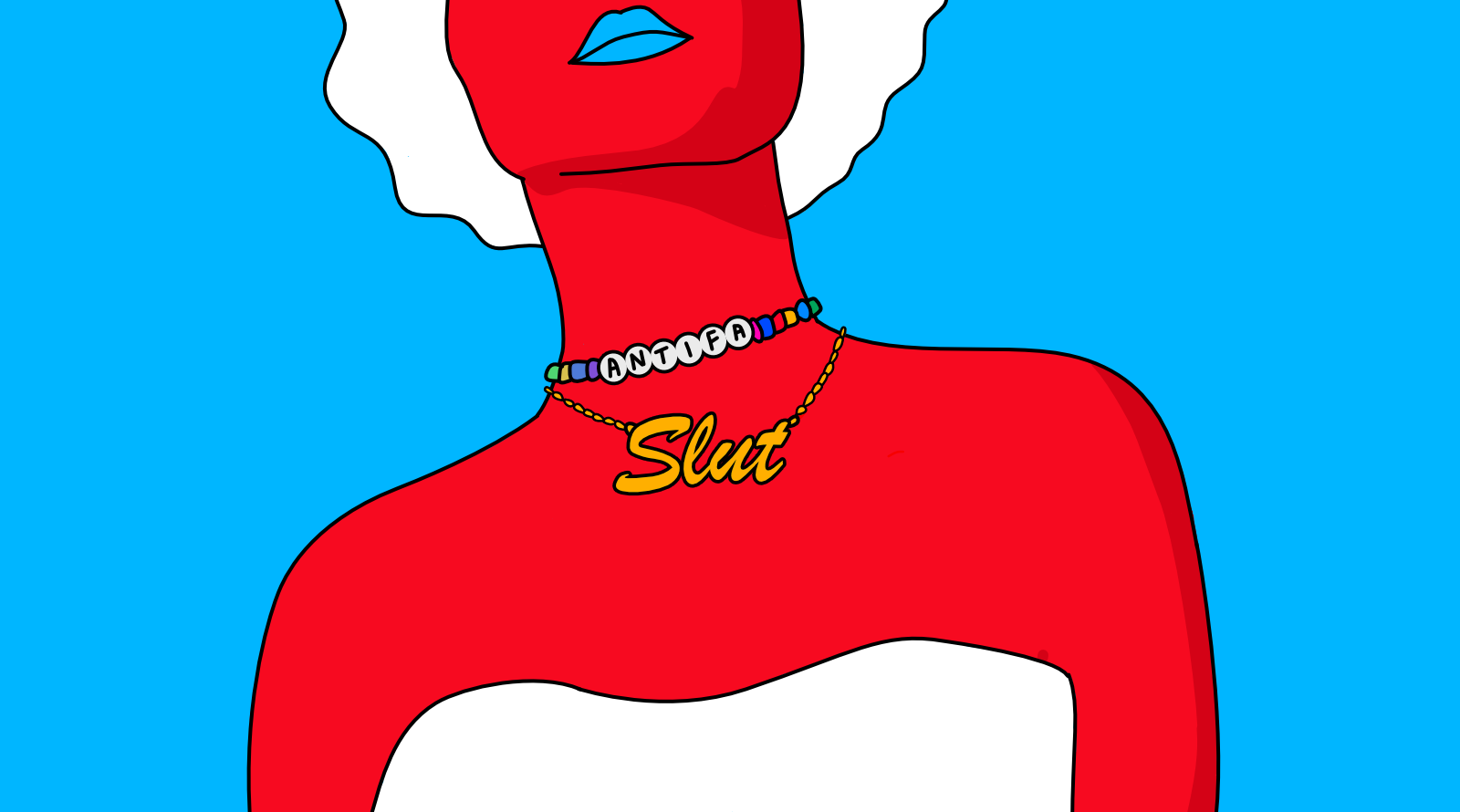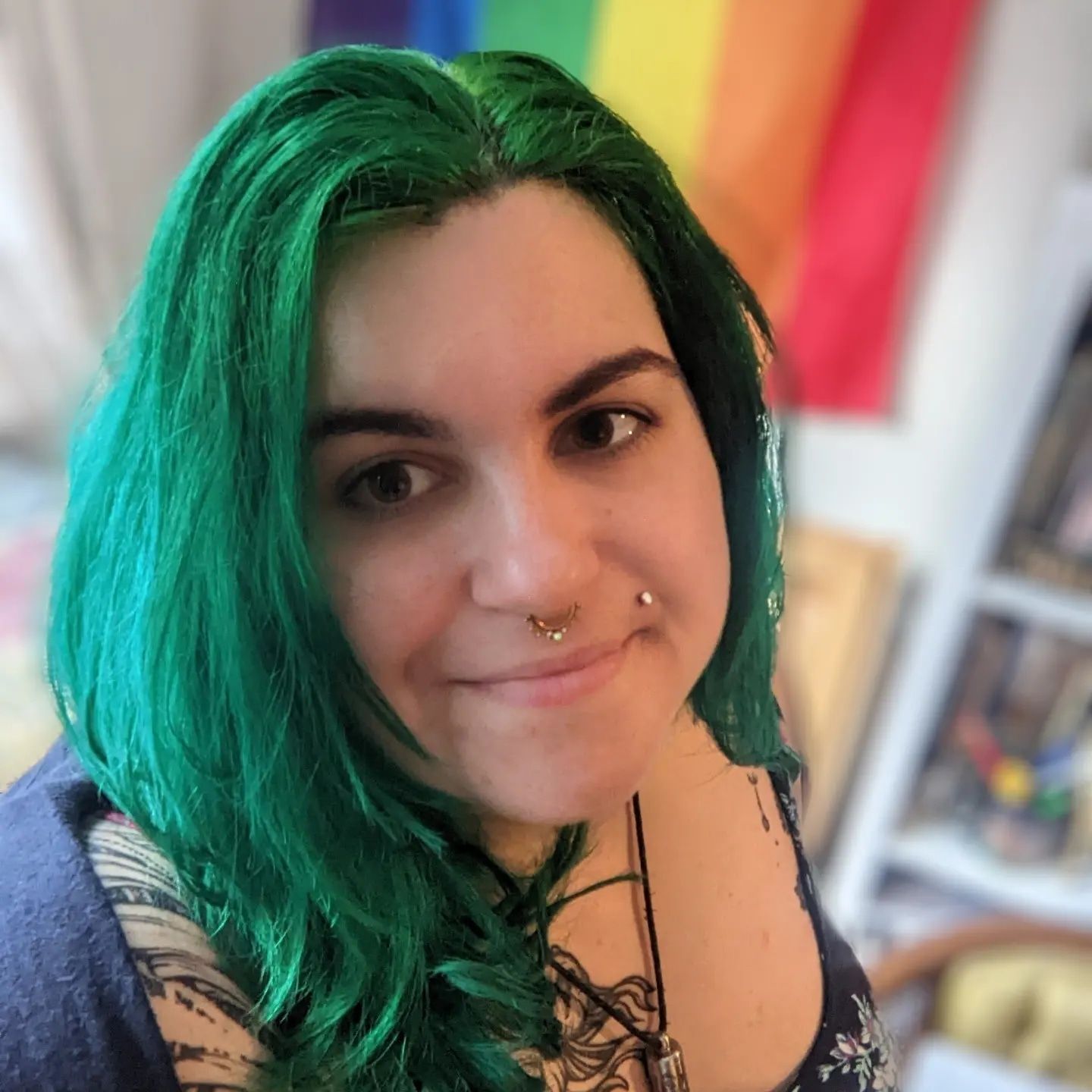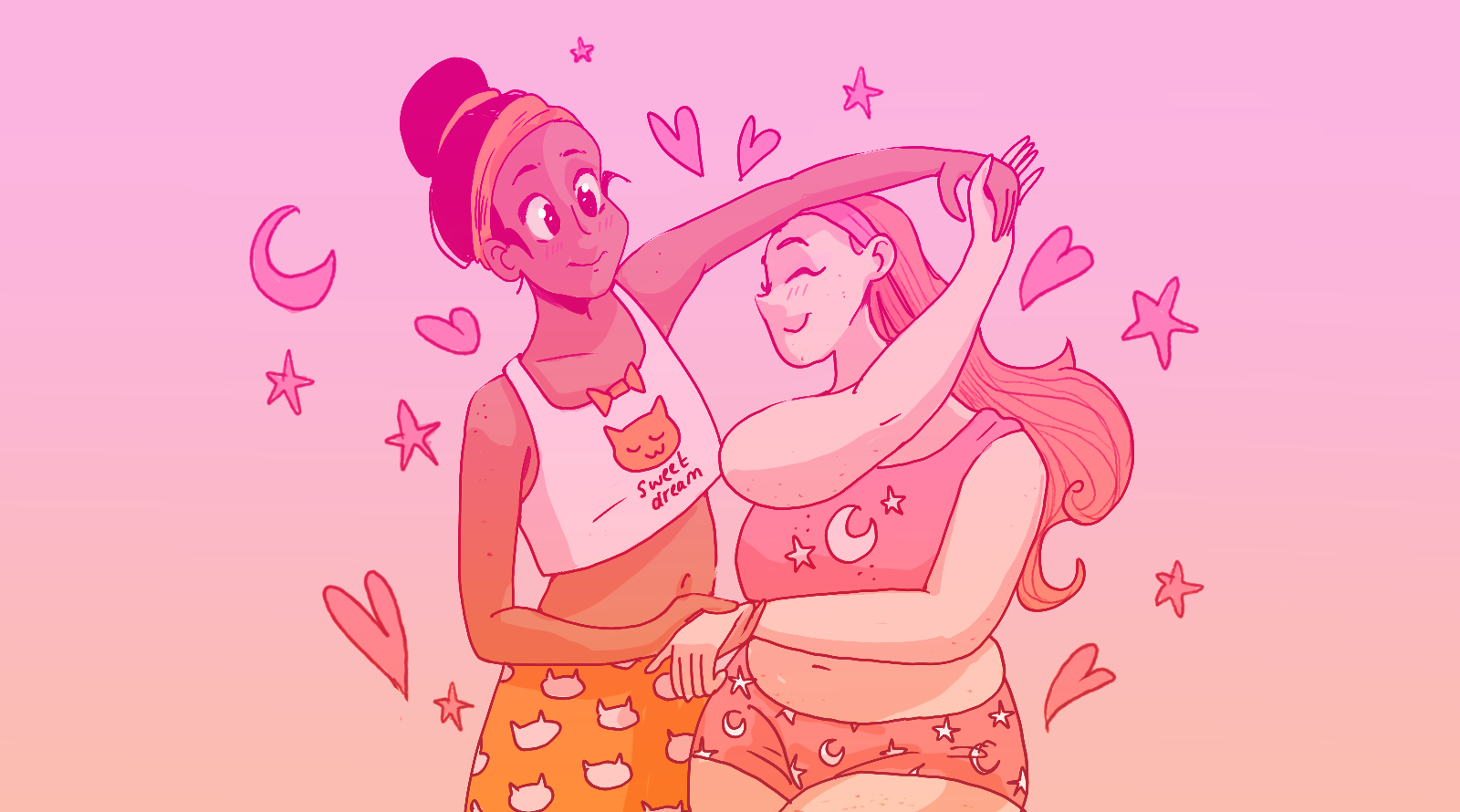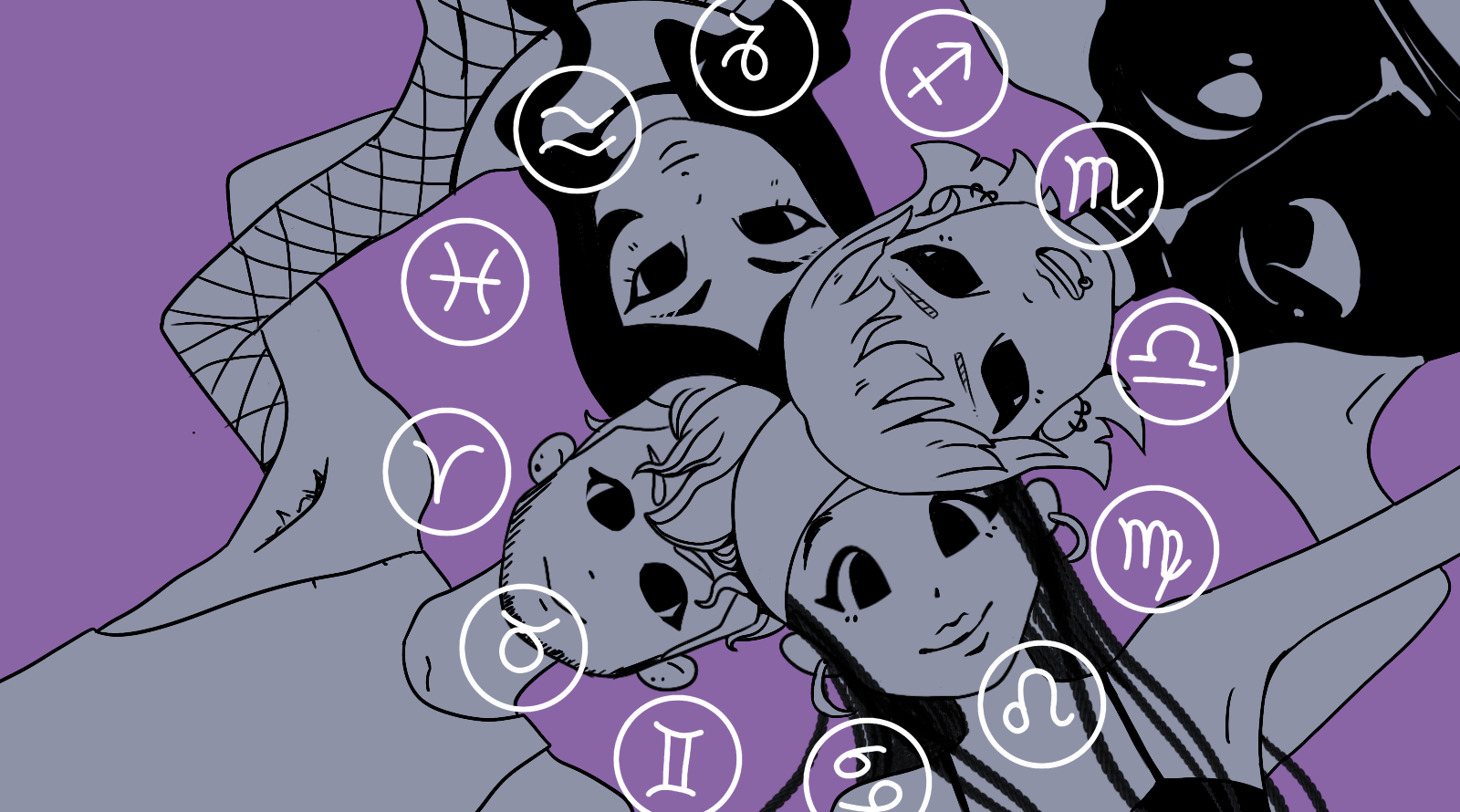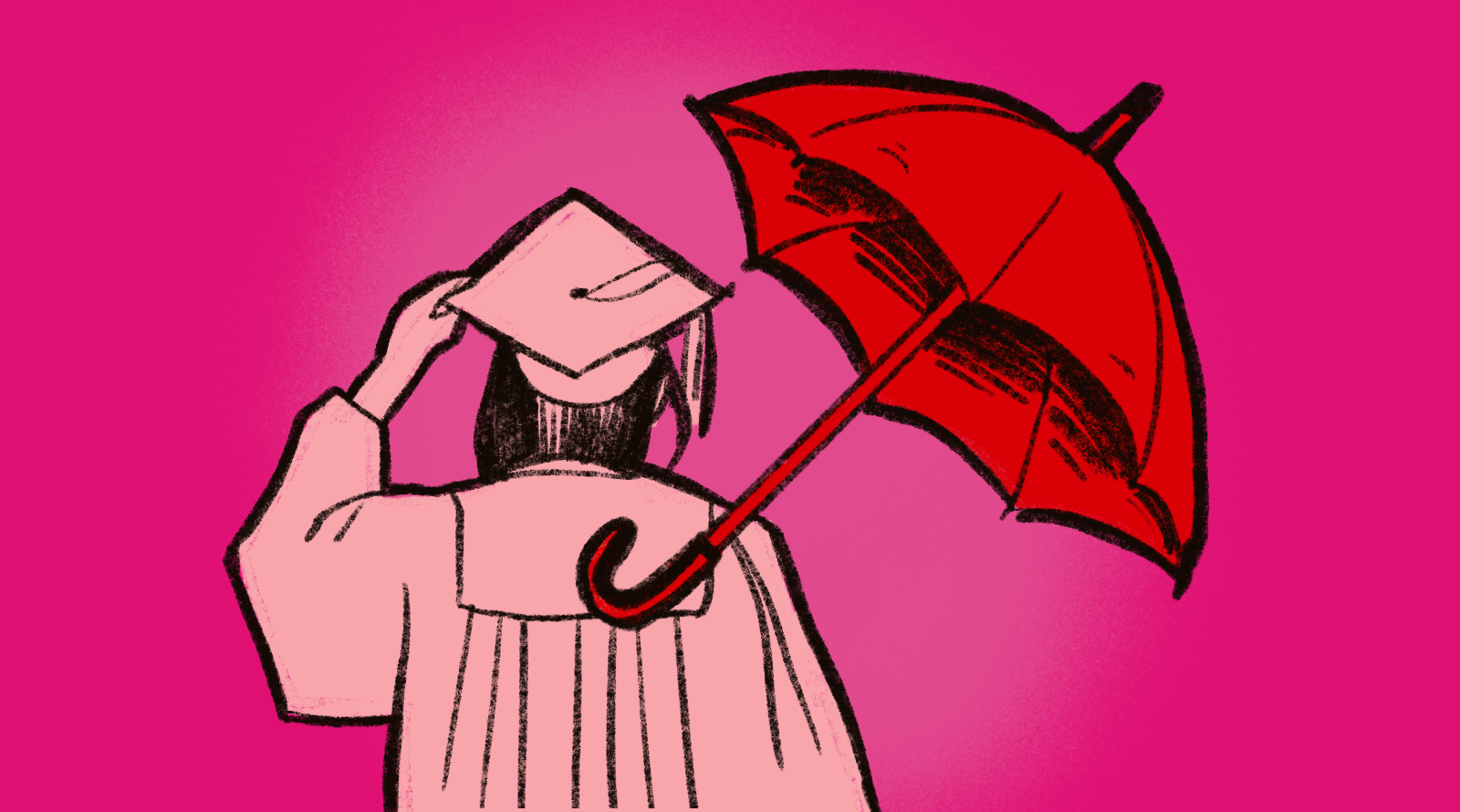If you, like me, live in the United States, you have woken up to face a grim future after election day. It feels dreadful and difficult to process. We have already lived through five years of crisis, and I think it’s going to get worse before it gets better.
Many of us already knew the state was never going to save us. This is especially true if you are not a wealthy white man. The US is founded on fascism, imperialism, and colonialism. If you are newly realizing that we can’t vote our way out of this and are wondering what to do now, I hope to provide some insight. If you’ve known these truths but are finding yourself feeling defeated, I hope this serves as a reminder. In the words of Mariame Kaba, “Let this radicalize you rather than lead you to despair.”
While acknowledging the horrible reality we are up against, that many people will face very real consequences based on these electoral results, I want to be clear that for many of us marginalized folks, a Trump presidency did not and will not, make a difference. The material reality and lived experiences of millions of us did not change. To quote Biden in 2019, “nothing will fundamentally change.” We are still living under a brutal capitalist state whose policies seek to further disenfranchise those who already suffer while increasing the wealth and power of a small few. Our aim when seeking change should not be pre-Trump neoliberalism, but instead a dismantling of the entire system that allowed this to happen.
What I learned in 2016
In 2016, I lived on a dirt road in rural South Carolina, about 35 minutes from any grocery store or hospital. Despite having been an anti-fascist and anti-capitalist for over a decade, I let my social anxiety get in the way of doing any meaningful organizing. I was a long way from the person who I am now.
Eight years ago, faced with the results of the 2016 election, I asked myself, "in what ways can I make our current world resemble the one I want to live in, no matter how small?" This is the line of thinking that has shaped my praxis since then.
That day, I searched for my local Food Not Bombs, because the world I want to live in is one where everyone has food and where we help each other meet our basic needs. I attended Food Not Bombs for the first time that Sunday, introducing me to people I would go on to organize with for the next five years. My work did not end when Biden was elected and it will not end until we are all liberated.
The world that I want to live in is one where we are free from all forms of policing. Which seems like a monumental task, but it can start with how we personally respond to harm and interact with our communities. The more we can provide for each other and engage in true solidarity, the less power the state can access. This mutual aid is the foundation of the future that I dream of.
What is mutual aid?
To quote Dean Spade, “More and more ordinary people are feeling called to respond in their communities, creating bold and innovative ways to share resources and support vulnerable neighbors. This survival work, when done in conjunction with social movements demanding transformative change, is called mutual aid.”
A common refrain is “Solidarity not Charity”. Charity is a way of temporarily relieving a problem via individual savior (person or entity) or someone outside that community. Charity will not, can not, address the systems that caused these conditions in the first place. When we engage in solidarity, we understand that we need each other. Mutual aid is done by members within that community, and our community then becomes better equipped to survive.
What does this have to do with sex work?
Sex workers know how to survive. When traditional means of earning income failed us, we found other ways to survive. We knew we could not count on police to keep us safe when our existence is criminalized (and even when it’s not). Many of us are disabled and found this work accessible in a world that did not care about our survival. We build systems such as blacklists to keep each other safe when the state will not. We are resilient and we have not yet let this system destroy us. Mutual aid has a long history within sex work. Most recently, we can look at all the networks we set up to support each other as the pandemic has continued.
Sex workers are also experienced in transformative justice work. The book Beyond Survival: Strategies and Stories from the Transformative Justice Movement by Leah Lakshmi Piepzna-Samarasinha and co-edited by Ejeris Dixon explores methods sex workers implemented to pursue alternative responses to harm. One notable example is Maggie’s: Toronto Sex Worker Action Project, which is a sex worker drop in and advocacy center. The program coordinator who is interviewed, Monica Forrester, is a former sex worker. The sex workers interviewed explain different ways communities decide that they are capable, together, and will keep each other safe.
Now is a time for solidarity and to show up for all sex workers. Project 2025, based on a document initially published by The Heritage Foundation, seeks to extend the criminalization of sex work to the creation of pornography. This article, Sex Workers Are Trying to Warn Us About Project 2025 by Kim Kelly, breaks it down succinctly.
What do we actually do now?
First, ask for help when you need it! Mutual aid is mutual and asking for help, and much as giving and receiving it, builds community. Take a deep breath. We are engaging in the work of an entire lifetime. Pace yourself and allow yourself to recognize fatigue and potential burn out.
Imagine the type of world you want to live in, then think of the ways you can bring that world into existence. To allow ourselves to imagine liberation and then to engage in believing that is possible is difficult work, but as Mariame Kaba says, “hope is a discipline.”
If you’re just getting started, look for mutual aid groups that already exist in your area and reach out to them. Some organizations to consider are SWOP or Mutual Aid Disaster Relief.
If you can’t find any mutual aid groups, there’s a great mutual aid tool-kit. The Rebel Steps podcast has an episode that’s an easy introduction to mutual aid.
You can start with something like getting to know your neighbors and creating a group text where people can ask if they need help or people can offer help, such as, “I have extra of an item, does anyone need this?” or “Can anyone help me out with a ride to the doctor?” I frequently remind myself that capitalism functions on fear and alienation and the only way to change the world is together. Reaching out to those around you is the first step. Invite others into your dream of the future.
Reach out to sex workers in your area or even sex workers you know online to build community and share resources. Community and support does not have to be limited by location. SWOP, mentioned above, is an organization that is founded by sex workers and is for sex workers.
I’ll end with this quote from Angela Davis. “You have to act as if it were possible to radically transform the world. And you have to do it all the time.” I know the world is a devastating place to be at this moment in time, but I hope you’ll join me in making it a little bit better.
For more on fighting fascism in unconventional ways, see this article by Vixen Temple.
Books to check out:
Beyond Survival Strategies and Stories from the Transformative Justice Movement by Leah Lakshmi Piepzna-Samarasinha, co-edited by Ejeris Dixon
Mutual Aid by Dean Spade
Other resources:
Mutual Aid: Building Communities of Care During Crisis and Beyond video with Mariame Kaba, Dean Spade, Klee Benally, and Kali Akuno
Mariame Kaba’s mutual aid resources
Are you a sex worker with a story, opinion, news, or tips to share? We'd love to hear from you!
We started the tryst.link sex worker blog to help amplify those who aren't handed the mic and bring attention to the issues ya'll care about the most. Got a tale to tell? 👇☂️✨

